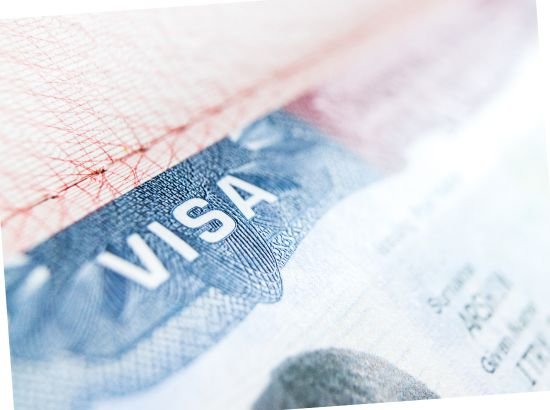
Beijing, October 1, 2025 – China has officially launched its new “K Visa Program,” a move that analysts say could reshape the global competition for top scientific and technological talent. The program is being compared to the U.S. H-1B visa, long seen as the gateway for international professionals in technology and research.
Chinese officials say the K Visa is designed to attract skilled professionals from around the world in science, technology, engineering, and mathematics (STEM) fields. According to Foreign Ministry spokesperson Guo Jiakun, the goal is to encourage knowledge exchange and make China a more appealing destination for foreign researchers, engineers, and innovators.
The timing of China’s announcement has caught global attention. Recently, U.S. President Donald Trump raised H-1B visa fees to $100,000 per applicant (about ₹8 million in Indian currency), sparking frustration among tech aspirants worldwide. Indians, who make up nearly 70% of H-1B visa recipients, have been hit hardest by the increase.
China, meanwhile, had announced the K Visa program as early as August 7, before Trump’s decision on H-1B fees. But the overlap has given the new program added visibility, with many seeing it as a potential alternative for skilled workers priced out of the U.S.
Officials in Beijing say the K Visa is part of a broader strategy to reverse decades of brain drain. From the 1980s to the early 2010s, China lost much of its top talent to the United States and Europe. Now, the government wants not only to retain local talent but also to attract global graduates from leading universities.
The K Visa will reportedly be open to graduates of internationally recognized institutions, with a simplified application process. By offering easier access and competitive opportunities, Beijing hopes to position itself as a global hub for science and technology innovation, directly challenging U.S. dominance in the sector.
Analysts suggest the K Visa could become a major soft-power tool, drawing skilled professionals away from the U.S. at a time when Washington is tightening visa rules and raising costs. This has raised concerns in the U.S., where critics argue that the move could accelerate China’s push to become the world’s leading innovation powerhouse.